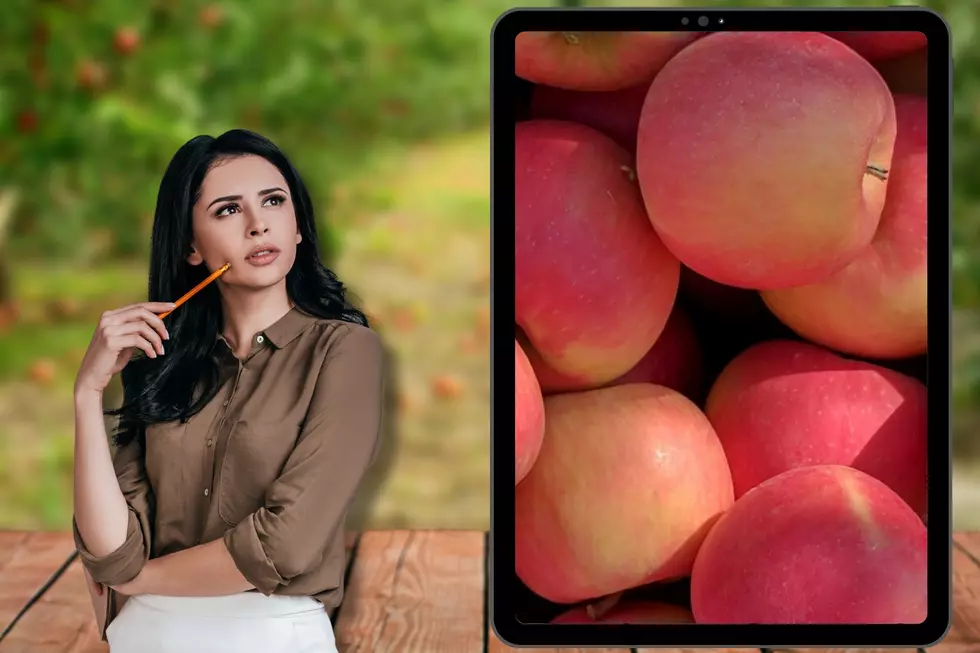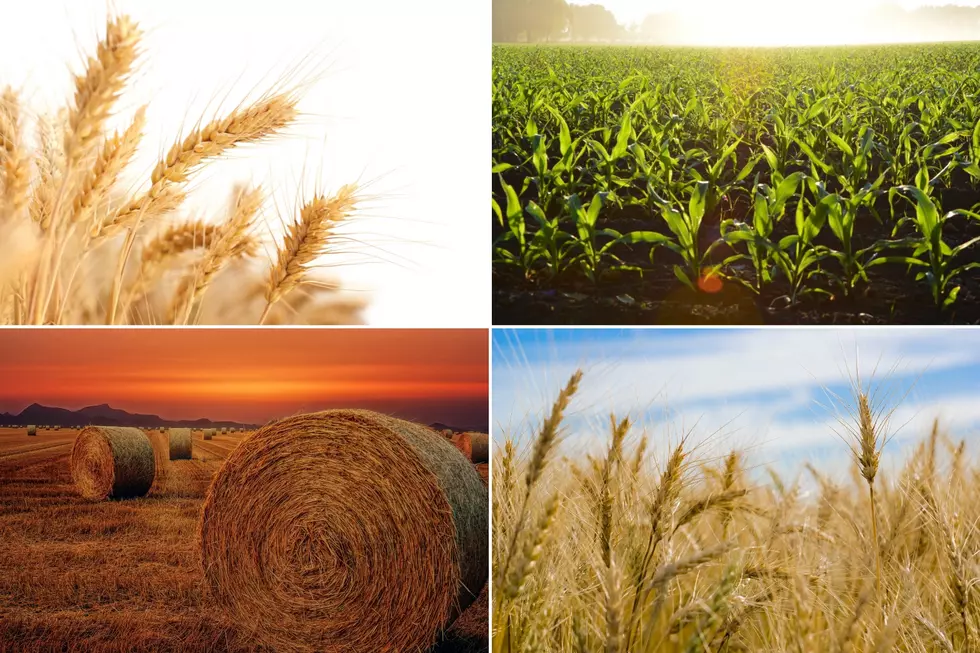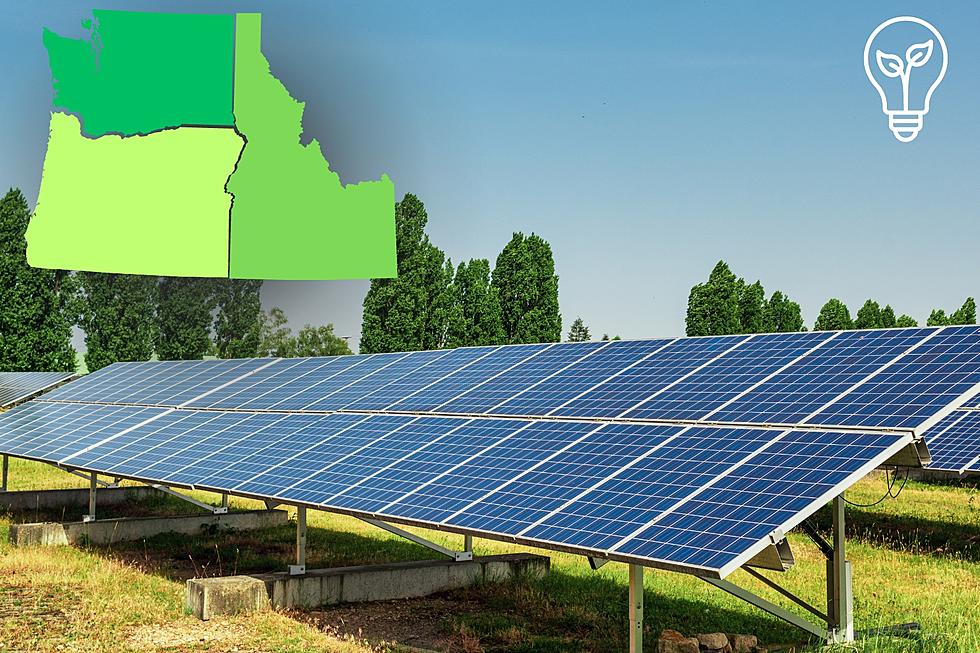
WSU Study Looks At Benefits Of Size For Organic Farms
According to a new study by Washington State University’s journal club, for organic farmers, size is important. But it's not the size of the farm that’s key, by the size of the neighboring fields. The report published in late January found that organic agriculture sites had 34% more biodiversity, and 50% more profits that conventional Ag locations. This despite the fact that organic sites reported 18% lower crop yields.
The study also determined that as the size of the fields surrounding the organic farm increases, those values shift, allowing the organic farm’s biodiversity to increase, while losing an edge in profitability.
“A landscape with large field sizes might be an indicator of agricultural intensification in general, with many fields with only one crop and heavier pesticide and herbicide use,” said Olivia Smith, a recent WSU Ph.D. graduate and the lead author on the study. “That’s a place where there’s not a lot of natural habitat animals can use. An organic farm on that kind of landscape becomes a refuge for species.”
The study also revealed that price premiums for organic food played a big role in profitability
“The areas that get the greatest price premium for organic food are those that have small field sizes, which are often located in more urban areas that are more connected to large consumer bases,” said Associate Professor Dave Crowder, an author on the paper and the journal club’s faculty advisor. “For example, all else being equal, an organic farmer who is in the middle of Iowa may not do nearly as well as an organic farmer near Seattle where there are more consumers willing to pay higher prices for organic food.”
The WSU journal club is a group of graduate students who meet to discuss research papers and look for gaps in the scientific literature. This is the second paper published by the club in its two year existence. The study was published in the National Academy of Sciences. The study received support from the U.S. Department of Agriculture National Institute of Food and Agriculture Hatch project.
If you have a story idea for the Washington Ag Network, call (509) 547-1618, or e-mail gvaagen@cherrycreekradio.com
More From PNW Ag Network









